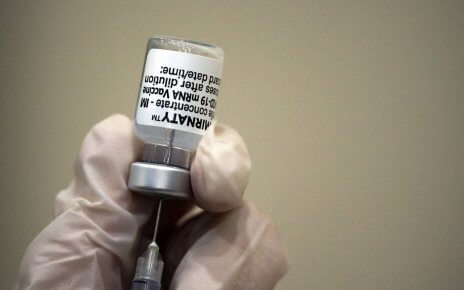Political Showdown: Is Fracking an Environmental Issue or Economic Stimulus?
The Up-shot
While the positive aspects of fracking and gas-drilling may seem appealing to those searching for domestically produced and protected sources of energy, the negative impacts these practices have upon the environment, the economies, and the people who exist locally and nationally are too big to ignore. In evaluating whether or not fracking is a viable option in changing America’s energy dependence, there cannot be a unanimous decision made without seriously evaluating the negative effects fracking has.
Until legislation can be passed and practices can be perfected, fracking should be kept as a back-burner option in trying to establish energy dependence. Without a healthy environment, a successful economy and an invested population, fracking will really serve no purpose, as there will be no outlet for the fracking’s energy to flow.
Safety and Health:
The health and safety risks associated with fracking are insurmountable and should be taken seriously. Air pollution, earthquakes, global warming emissions and associated health problems arise from the process of fracking, impacting residents surrounding such areas both environmentally and medically.
In a peer-reviewed study by Duke University, referenced by John Rumpler, senior attorney at Environment America and Tufts University professor, who teaches an experimental course, “Fracked Out: Understanding the New Gas Rush,” Rumpler said that, gas-drilling operations were cited as being linked to leaking chemicals including methane into surrounding water sources, which ultimately ends up in drinking water. Additionally, a 2012 University of Colorado study found that those who live within a half mile of gas-drilling sites have been linked to a greater exposure of cancer-causing chemicals, including benzene emissions.
Finally, Dean Bill Chameides of Duke University’s Nicholas School of the Environment included in a 2011 TheGreenGrok article that, considering nearly 4 million gallons of water are propelled deep underground in the fracking process; this could amount to almost 20,000 gallons of chemicals also being injected into the ground with 29 of these chemical formulations being either known or possible human carcinogens, or hazardous air pollutants.
Economics:
Contrary to the belief that fracking and gas-drilling would provide economic benefits to the surrounding businesses and residents, communities are forced to pay millions of dollars to clean up post-drilling messes fracking can leave behind.
In a report released by Environment New York Research and Policy Center in 2012, costs are placed upon those surrounding gas-drilling areas in order to clean contaminated water, repair damaged roads, and replacewells and well-water systems for residents affected by fracking. The study states that truck traffic necessary to deliver water to a single fracking well causes as much damage to local roads as 3.5 million car trips, and states are required to approve million-dollar funding legislation in order to combat infrastructure damage caused by fracking.
Additionally, the study noted that in certain instances, million-dollar hunting and wildlife industries would be financially drained due to the clearance of land to make way for gas-drilling structures and wells. Livestock losses have also been noted, due to the exposure of fracking wastewater spills and increased difficulty in obtaining clean, fresh water sources for animals.


